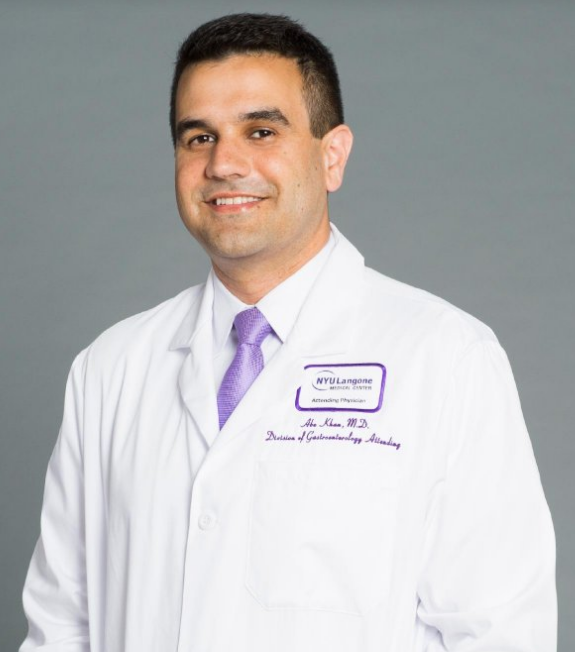KwakTalks is a podcast about voices and vocal health. Designed to empower vocal athletes with knowledge, each episode is a conversation with experts on topics in vocal health.
It can be increasingly difficult to know where to find reliable information about how to take care of your voice. This is real information from the minds and hearts of experts, to help vocal athletes learn and connect to a community of professionals whose passion is to help provide tools to take care of a busy voice over a long career.
KwakTalks: How did we get here, and why are we here?
This first episode is my opportunity to tell you why I’m here, and why I think you might be here, and why we might benefit from being here together. This podcast is designed to empower vocal athletes with knowledge, through conversations with some of my most brilliant colleagues who are experts in topics on vocal health.
What is a healthy voice, and why does education matter?
Episode 2 lays out what I consider some core, essential principles in the way I think about the voice and vocal health, because they animate and underpin all of the following discussions. There are 2 basic questions:
What is the voice, and specifically, what is a healthy voice?
Why does education in vocal health matter?
Perhaps the answers seem obvious to some of you, but in discussing how we do answer those questions, we start to get to the heart of the matter - giving vocalists knowledge is in fact the core of keeping them healthy.
The Vocal Squad
The care of any great athlete involves a great, integrated team - the squad -and that is just as true for vocal athletes. In this episode, I discuss who you should have on your vocal squad and why, and relatedly, when and why you might consider seeing an ENT, even before a problem arises.
Getting the Voice Back in Shape after a Global Pandemic
Dr. Aaron Johnson is my colleague at the NYU Voice Center; he is a PhD speech-language pathologist and a voice scientist. He studies the relationship of exercise physiology to the voice, and the mechanics and athletics of the human voice. We discuss how to get back in shape vocally after a long time off, at this unique time in our history. As vocal performers start to return to training, rehearsals, and performance after so much time off, it can be difficult to know where to start and how to begin. We discuss the interplay of anatomy and function in a busy performing voice, and how to think about mobilizing and taking care of both of those, in our re-entry into live performance.
Voice Therapy: Physical Therapy for Vocal Athletes
Shirley Gherson is a clinical speech-language pathologist at the NYU Voice Center; Shirley and I see voice patients together in our clinic, and Shirley spends most of her week doing voice therapy with patients with all manner of voice issues. She is one of the greatest voice therapists I know. This may be one of my favorite episodes, because it turned into a more comprehensive distillation of the way that I think about the voice, busy vocal performers, and how we take care of them. Substantively, the episode is about voice therapy – what it is, why we do it, what it accomplishes – but because Shirley is such a brilliant, experienced, passionate clinician – it became a meditation on vocal health, and good, sustainable care of a busy performing voice, and a busy performer.
Vocal Injury: What Does it Mean?
Dr. Ryan Branski is a speech-language pathologist, and the Howard A. Rusk Associate Professor of Rehabilitation Research at NYU Grossman School of Medicine. In addition to his decade of experience taking care of injured singers in the clinic, he holds multiple major grants from the National Institutes of Health, to investigate the cellular and molecular mechanisms that underlie vocal injury and wound healing. Therefore, he has a unique perspective from both clinical and basic science perspectives about what vocal injury is. In this episode, we discuss the many meanings of “vocal injury;” how this can contribute to mythology and fear, but also how understanding vocal injury in terms that are rooted in science and medicine can help change our culture to support and affirm the athletic physiology of what vocal performers do.
Reflux
Dr. Abraham Khan joins us to discuss reflux and the voice. Dr. Khan is the director of NYU Langone Health’s Center for Esophageal Health, and a foremost expert on the topic of gastroesophageal reflux. Reflux has become something much larger than itself in our collective consciousness, such that it can be difficult to know what is true and what is myth, and how to navigate all the information. In this episode, we discuss what reflux is, how we define it, how we test for it, how GERD relates to laryngopharyngeal reflux (LPR), diet and reflux, and how reflux might affect the voice.
Allergies and the Voice
Dr. Nathanael Horne is an allergist and the clinical director of outpatient allergy at NYU Langone Health. Questions about allergies are frequently asked, as allergies can dramatically affect the face, nose, and throat, and therefore have an impact on the voice. Dr. Horne joins me for this information-rich episode; we talk about seasonal versus perennial allergies; allergy testing, how it’s done and what it means; and discuss medications that are commonly used to treat allergies.








